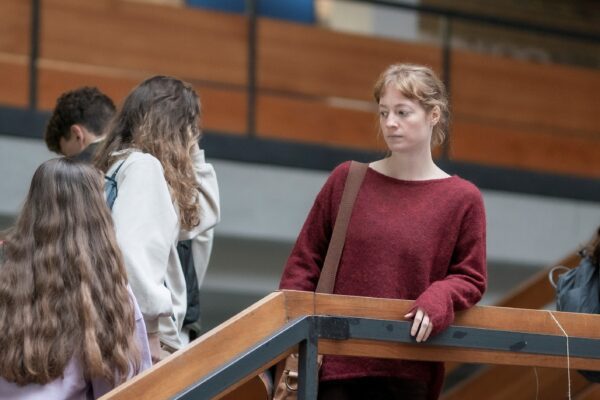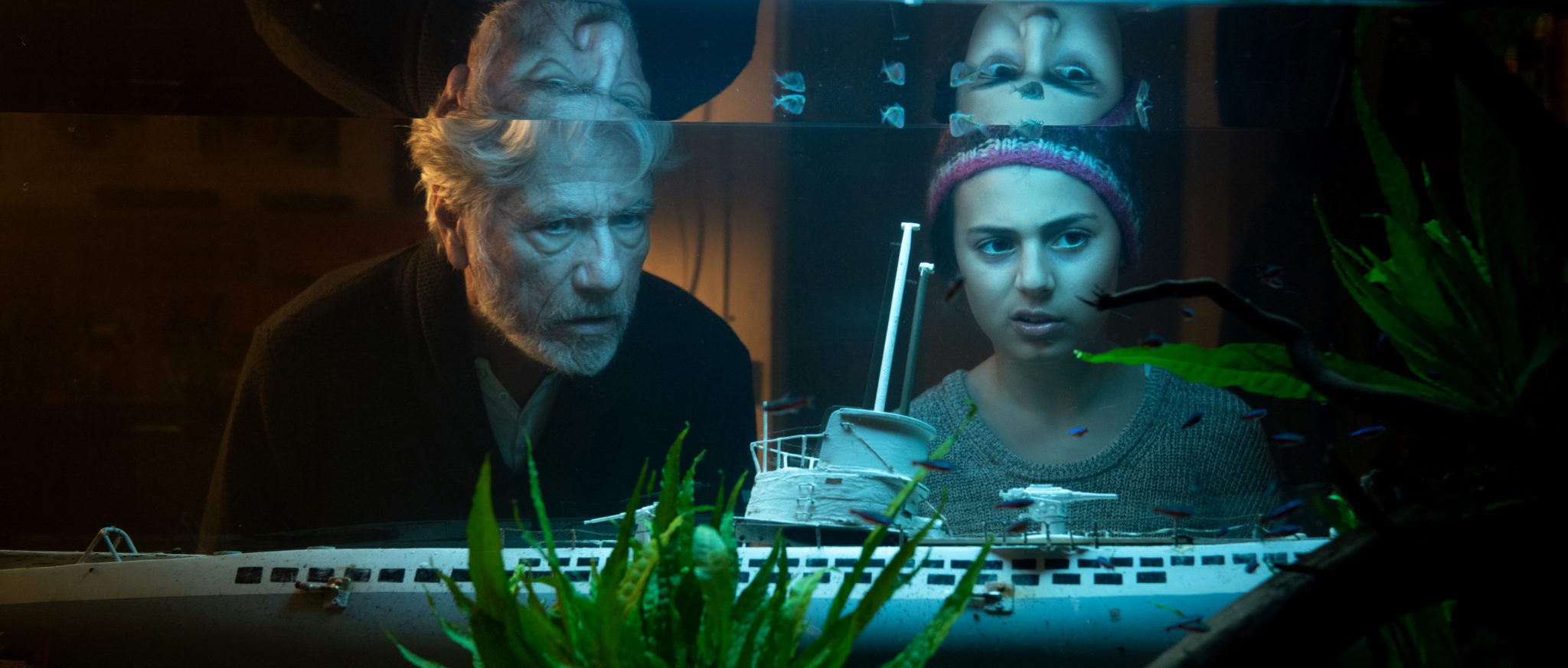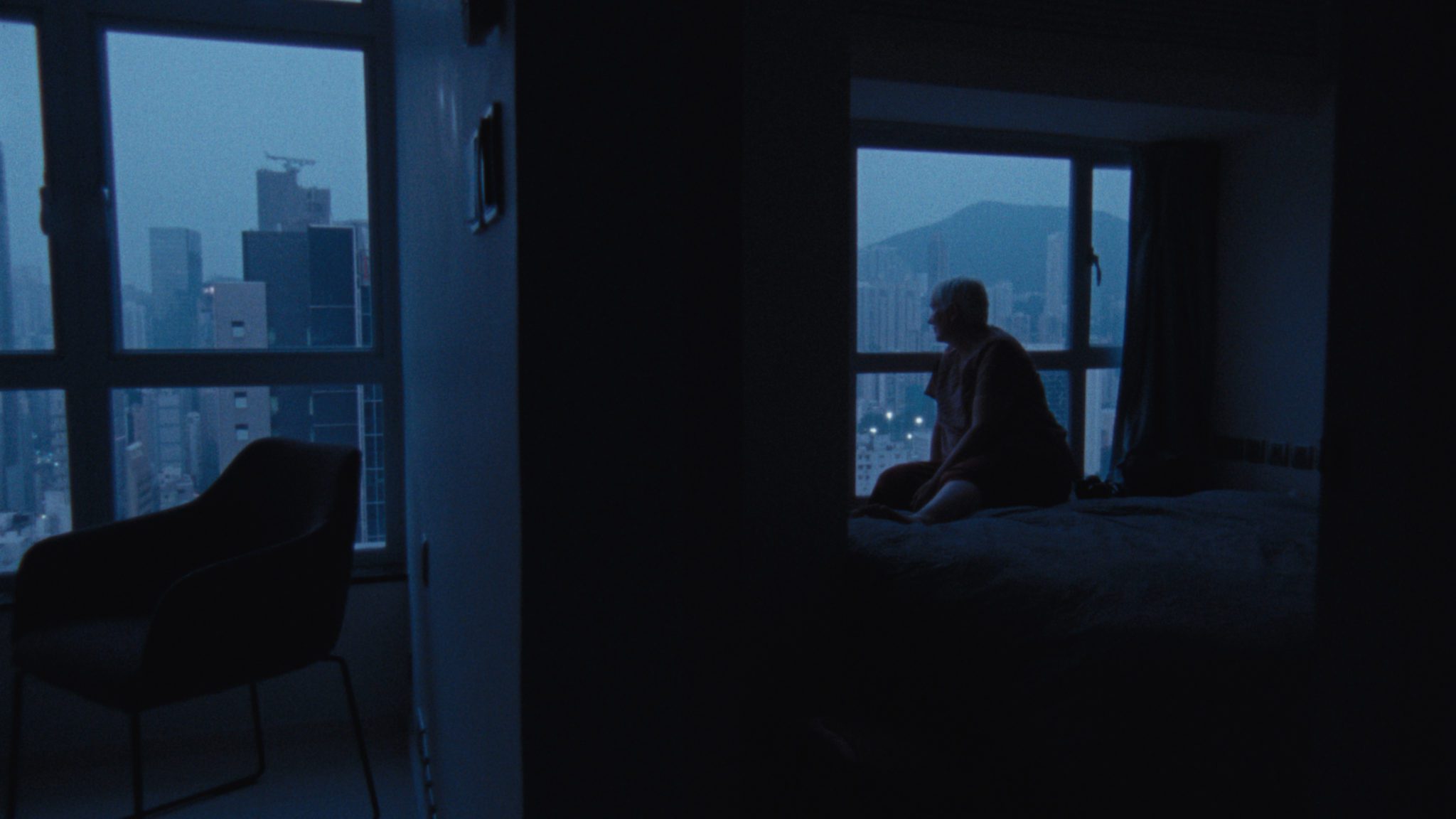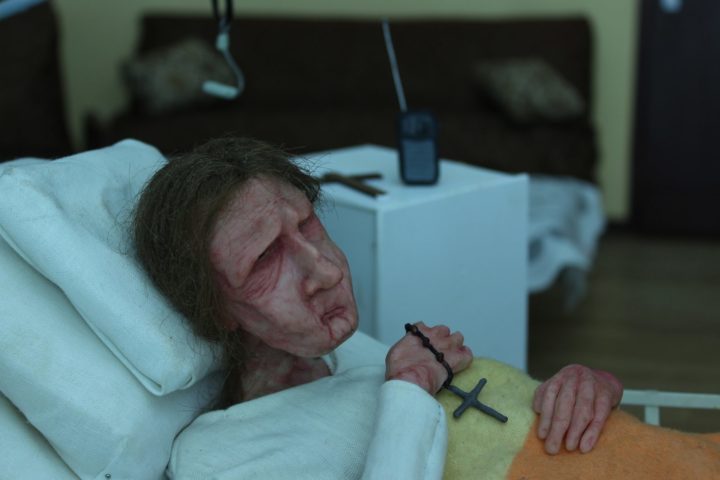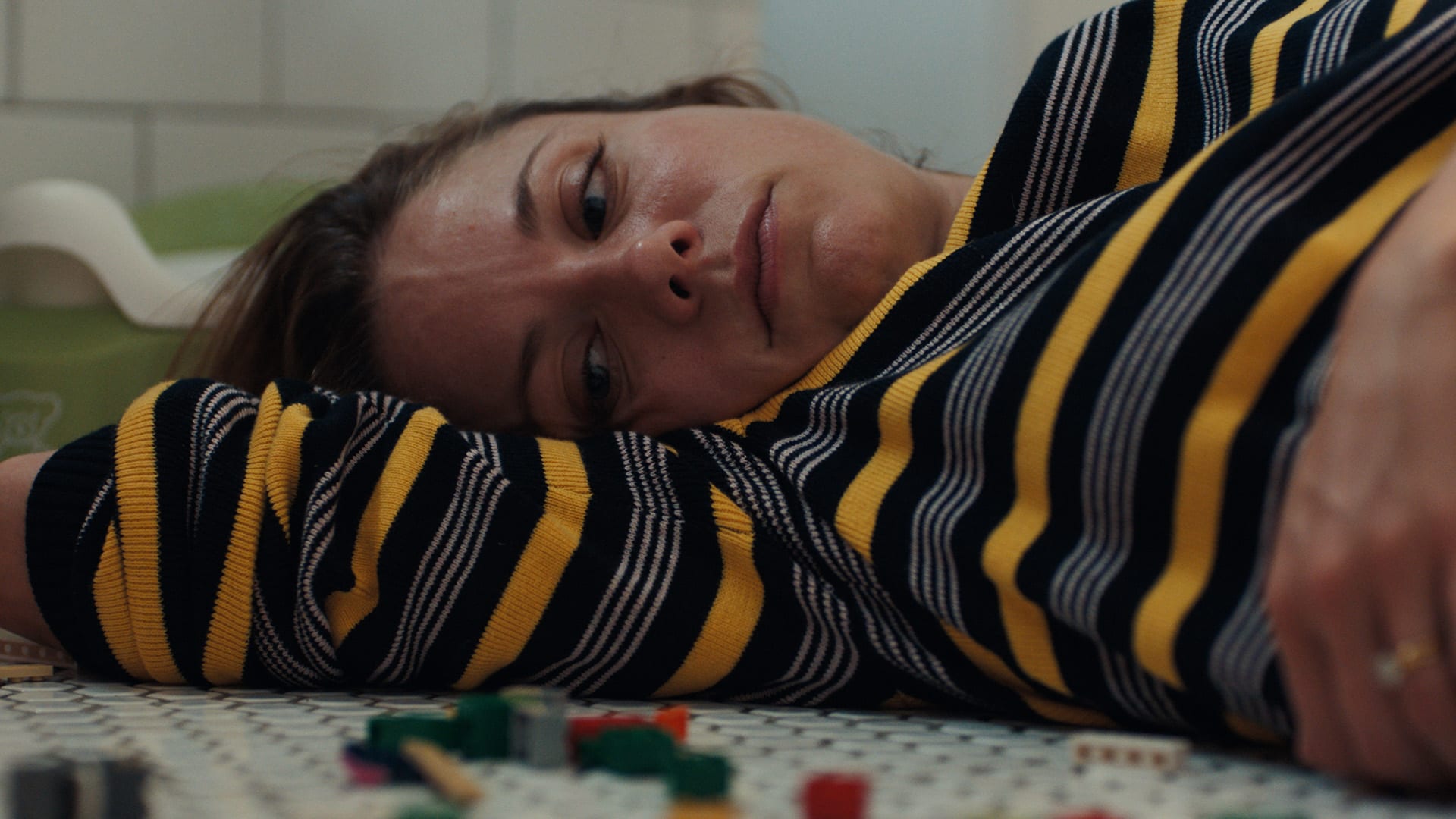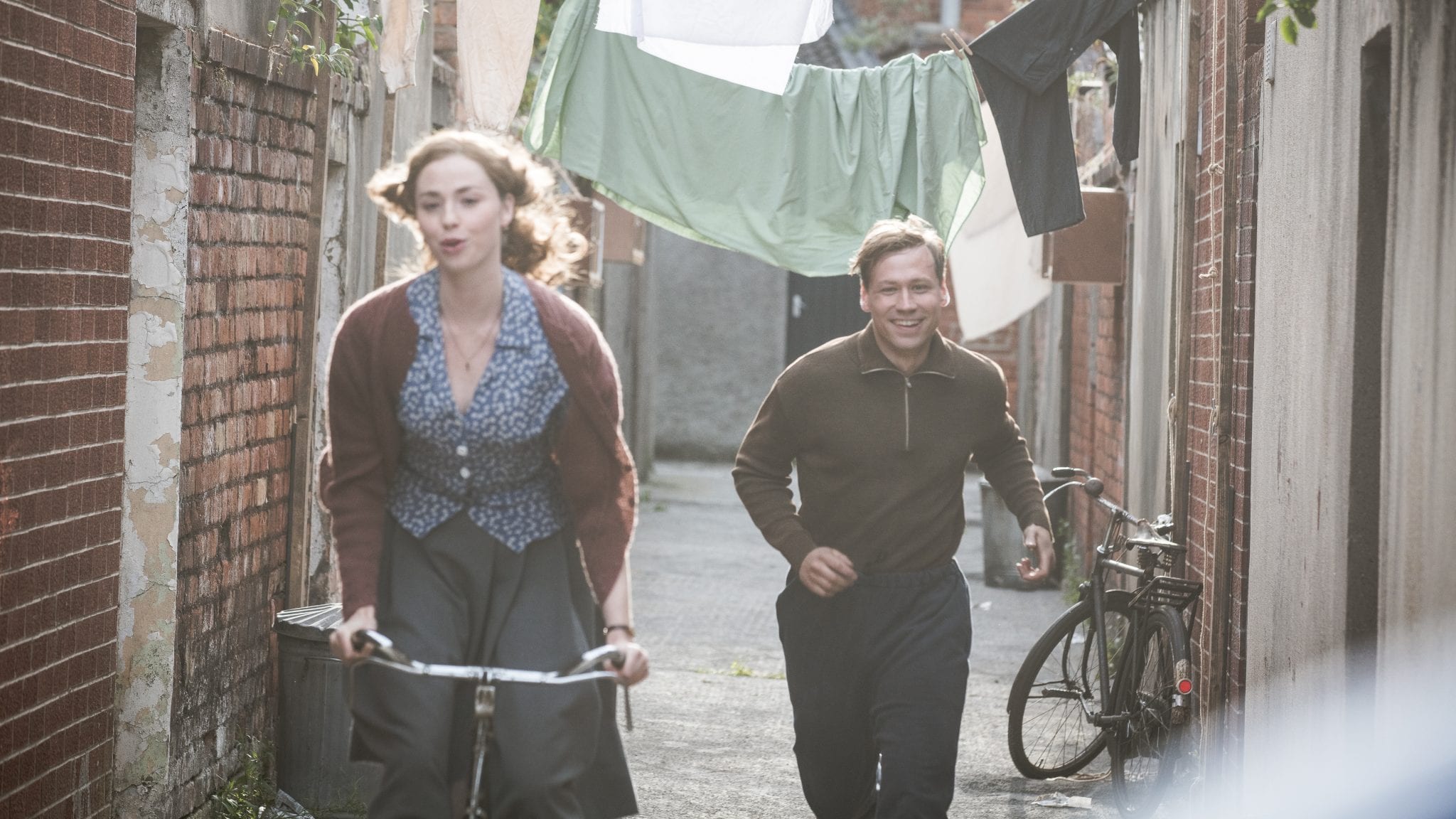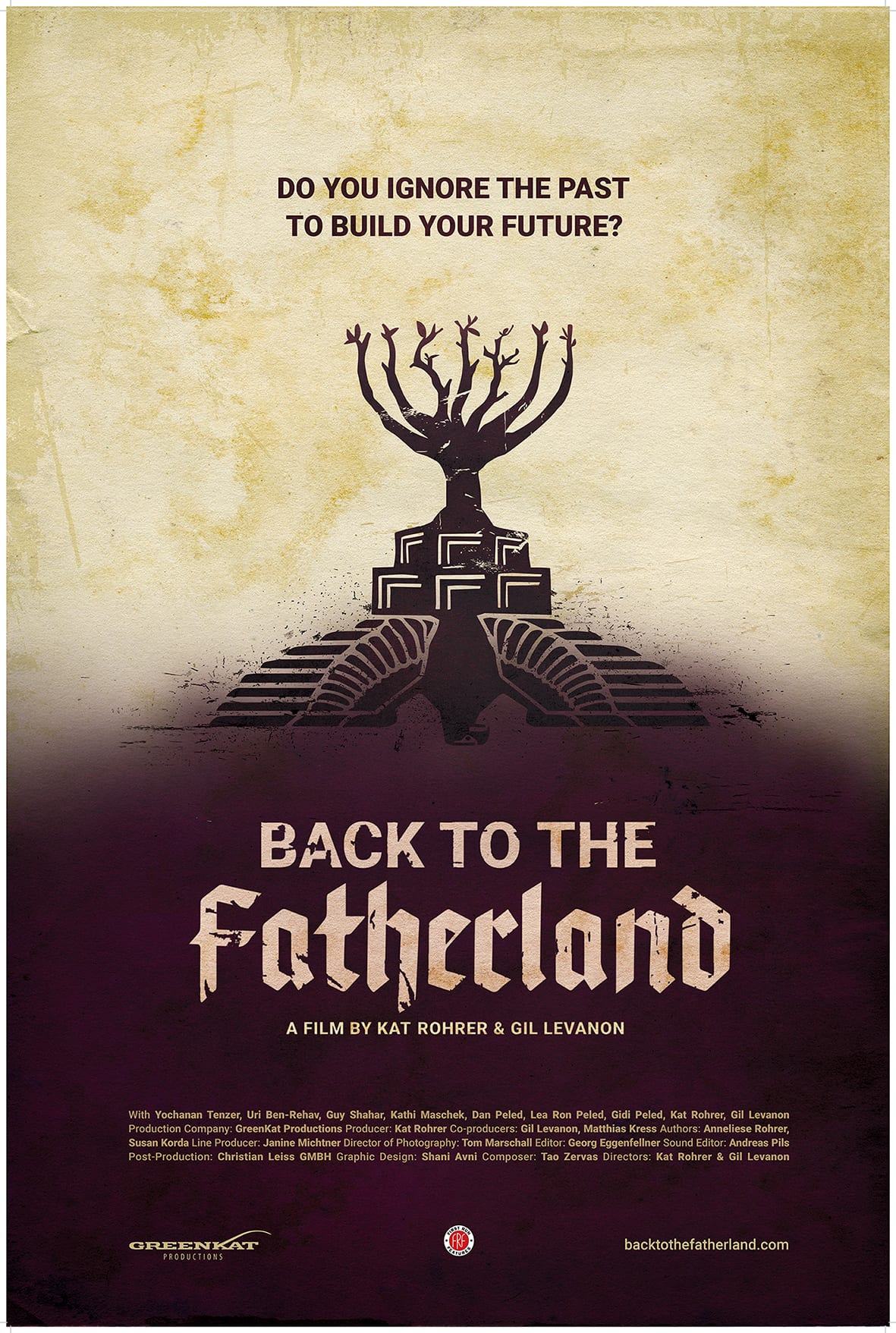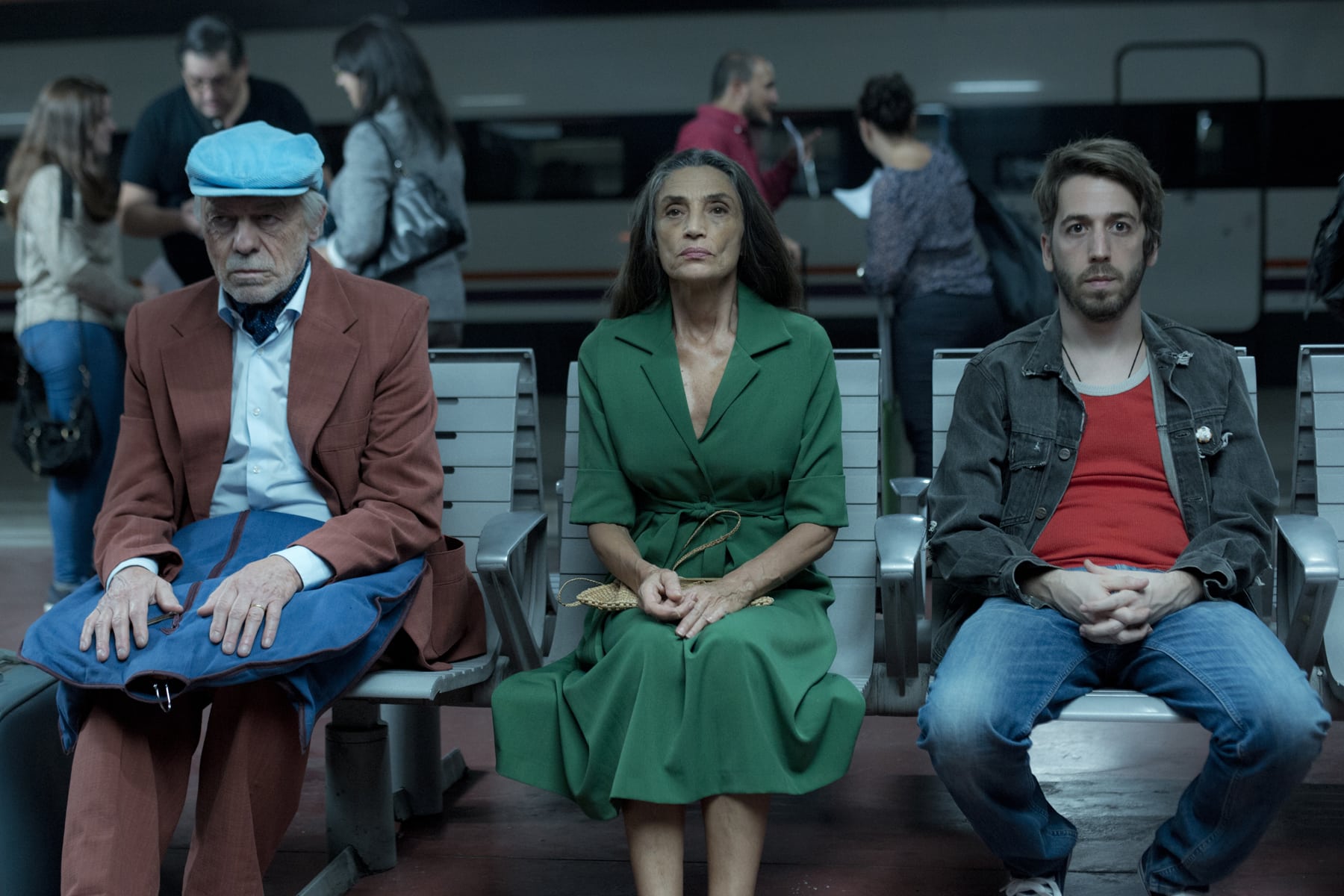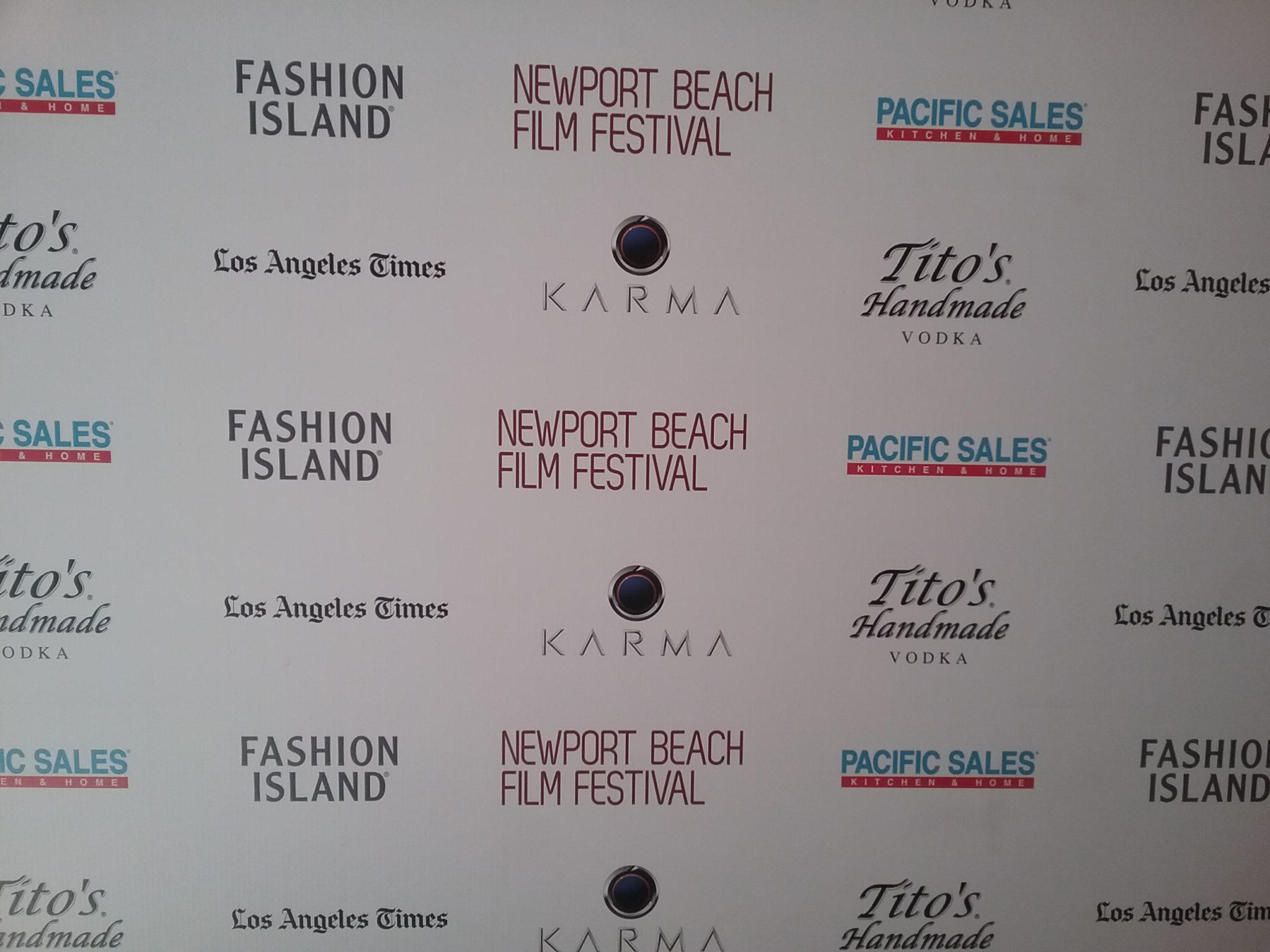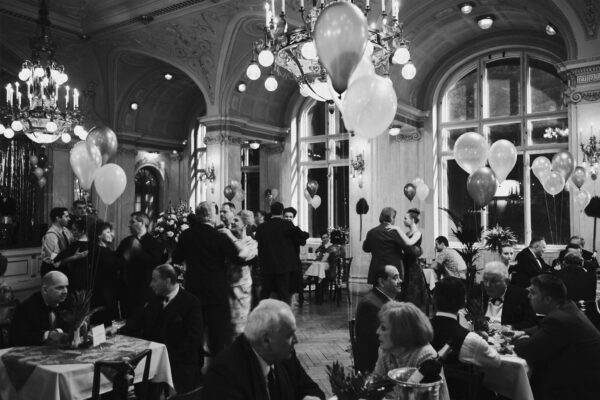
AFIFest: The Universal Theory – Sci-fi Noir
Timm Kröger’s The Universal Theory (Die Theorie von Allem) opens with a brief segment of a 1974 TV talk show on which Johannes Leinert, an author of a new book with the same title as this film, is the guest. While the host talks of the book as science fiction, the author is adamant that…

